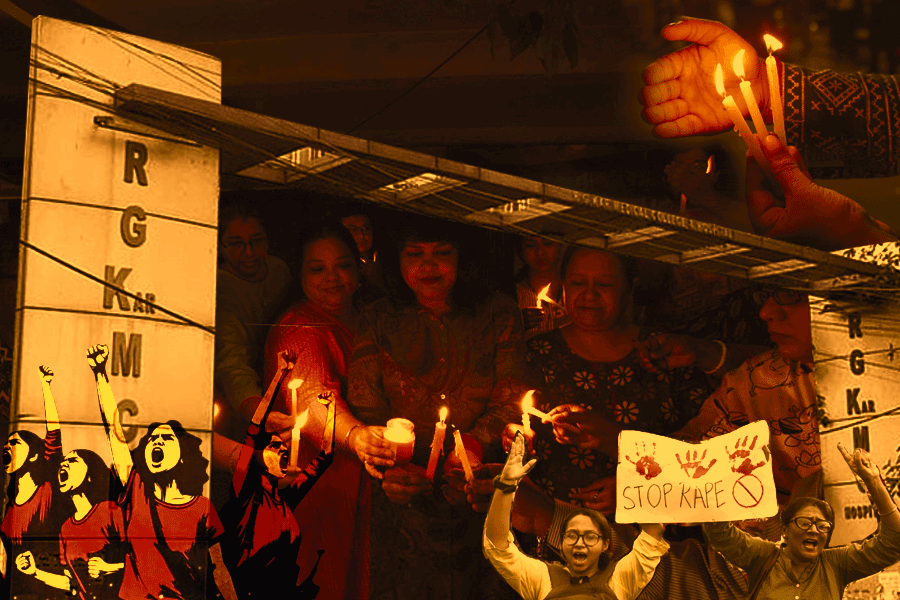An order from the Directorate of Cinchona and Other Medicinal Plants asking “staffs and officers” to vacate quarters and other articles upon their retirement threatens to revive the issue of displacement of people from their “own” land in the hills.
The order, sources said, was issued on March 23, 2021. Such kind of orders are routine at any workplace, but not in the largest public sector undertaking in the Darjeeling hills.
The directorate’s order says in the past, retiring dues of staff and officers under the directorate are “being forwarded for clearance to Account General, West Bengal and concerned Treasuries, without following Government norms such as vacating the staff quarter, handing over of files and any articles, items provided by the department…..”
The order further says henceforth, “without the approval non (sic) of the terminal benefits of both officer or the staff should be finalised at any cost”.
A senior official of the directorate confirmed the order to The Telegraph and agreed that the “ramifications” could be serious.
The plantation — spread over 26,000 hectares — was first set up in 1862 at Mungpoo, about 35km from Darjeeling, followed by Munsong (1900), Rongo (1938) and Latpanchar in 1943.
Around 70 per cent of the nearly 8.75 lakh hill people live in tea gardens and cinchona plantations.
Tea gardens’ land is leased out by the state government to individuals or companies and the lease has to be renewed every 30 years. The state is the owner of the tea gardens’ land. However, the workers and their families who have been residing in tea plantations for generations since the 1850s do not have land rights.
Like in tea gardens, the workers of cinchona plantations have no land rights.
Old timers in the plantation said workers had been brought in from other places in the hills and elsewhere. The British provided “model” houses to labourers and housing quarters to “staffs” (read clerical employees) and officers.
When a labourer retires, his job is passed on to the next of the kin, which is called “badli” in local parlance and hence, retains the house. Jobs of “staffs and officers” are not transferable.
“There are examples of many families who have worked in the plantation for generations. Some of these labour families have members who are now “staffs”. Will this mean that after having spent generations in the plantation, these “staffs” have to leave after retirement?” an employee asked.
A cinchona plantation official said a list of “staffs and officers” quarters was drawn up according to the directive from higher officials.
“Our understanding is that some cases regarding housing quarters in the state have come under legal scanner. None of the cases is related to cinchona plantation but the government is looking at all housing quarters-related issues across the state,” the official said.
“Ultimately, one has to follow court’s directives.”
The housing issue in the cinchona plantation is further complicated by the fact that many have built their own houses on the directorate’s land. While some employees have constructed “private residences”, others — many of whom are not workers but trace their family history to the plantation — have come up with commercial spaces.
“An effort was being made to draw up a list of such commercial spaces but it was never completed,” said an official at the directorate.
“If ‘staffs’ are to leave the quarters on retirement, how can a different stand be taken on private houses and commercial spaces?” wondered a former employee of the plantation.
Officials at the directorate don’t have an answer. “Hopefully, the government will come up with the answer,” the official said.
“The order is not for labourers or private houses or commercial spaces. It is specific to staff quarters,” the official underlined.
The directorate employs more than 5,000 people, of whom nearly 300 are “staffs”.










